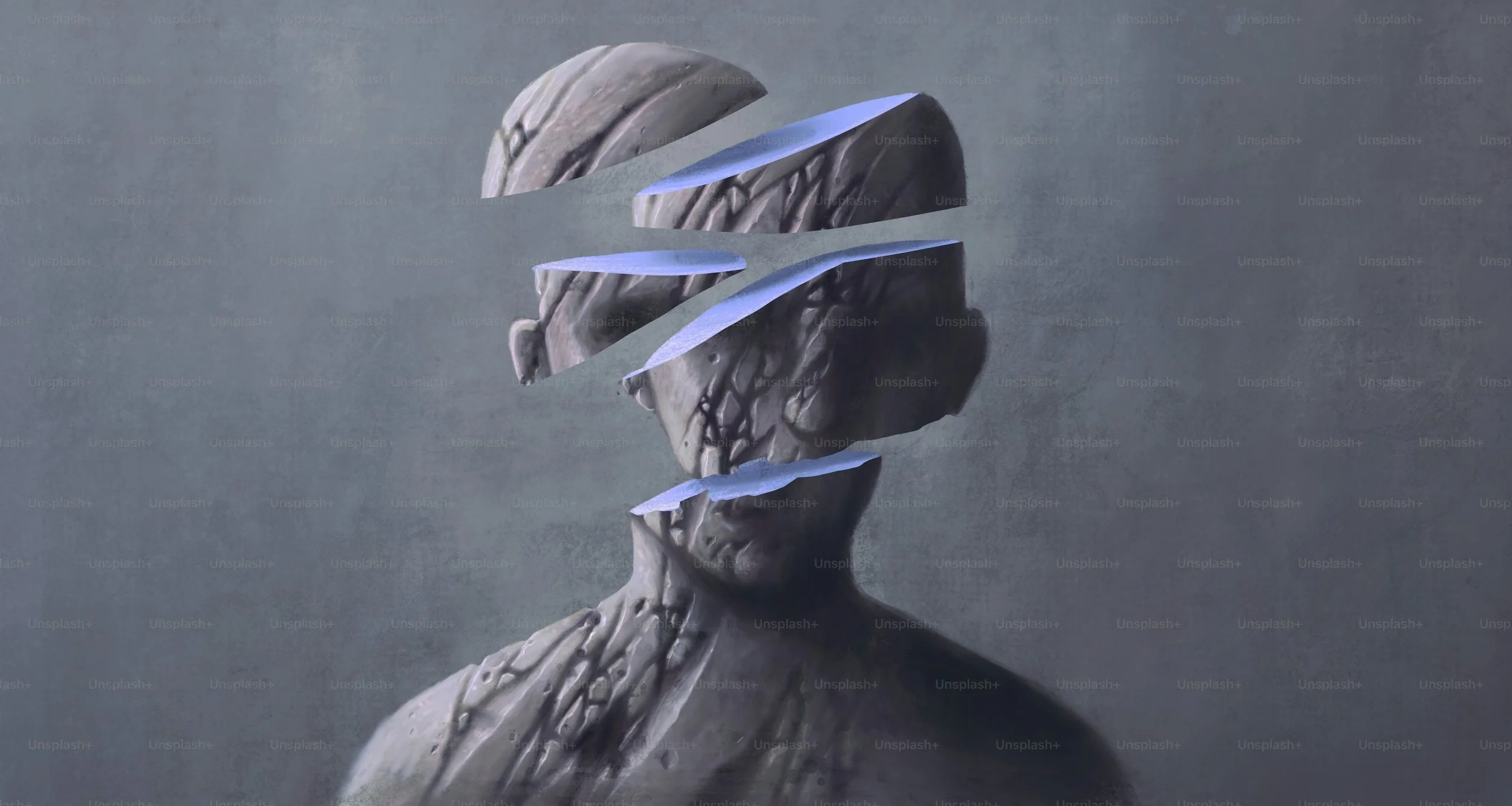Signs of Depression People Ignore
Depression doesn’t always look like sadness. For many adults, especially those who are capable, responsible, and used to pushing through, depression shows up in quieter ways that are easy to dismiss or explain away.
It’s common to normalize exhaustion, stress, and emotional shutdown as just part of life. But when these patterns linger, they can be signs of depression that often go unnoticed.
When Your Body Speaks: Learning the Language of the Nervous System
Most of us are taught to notice thoughts and feelings, but not many of us are taught to notice what our nervous system is trying to say. Yet our bodies often speak louder than our words. Learning how to listen can be a powerful first step in managing stress, anxiety, and even trauma.
Inside the Work: 6 Healing Truths from Trauma Therapy
As a trauma therapist, I’ve had the privilege of sitting with people during some of their most painful and powerful moments. Over time, I’ve noticed certain patterns that show up again and again, no matter someone’s story. These lessons are not just for therapy sessions. They are for all of us. Whether you’re healing from trauma yourself or supporting someone who is, these six insights offer a grounded, compassionate look at what helps people truly begin to heal.
Our Issues Are in Our Tissues: How Trauma Lives in the Fascia—and How to Release It
How Trauma Affects Fascia: Fascia is like a flexible internal web that holds everything together, giving the body structure and allowing smooth, functional movement. But when we experience trauma—whether it’s acute, chronic, or developmental—our body instinctively tightens. That bracing response, often referred to as "fight, flight, freeze or fawn" survival response can become stuck in the body, especially in the fascia.
Over time, this chronic tension can lead to:
Pain and stiffness
Limited range of motion
A sense of being “on edge” or disconnected from your body
Feelings of anxiety or emotional numbness
The Mind-Body Connection: Unlocking Mental Health Healing Through Somatic Awareness
This mind-body connection is the missing link in many traditional mental health treatments. While talk therapy and medications can be beneficial, integrating somatic (body-based) practices helps individuals regulate their nervous systems, release stored trauma, and build resilience. Healing is not just about thinking differently—it’s about feeling differently in your body. The mind-body connection is a powerful gateway to deeper healing, resilience, and well-being. By integrating somatic practices into mental health treatment, we can create a more holistic and sustainable approach to healing.
If you’re looking for more support in mind-body healing, Nourish Therapy and Wellness is here to help. Call or text 215-858-0066 or email laurenbittner@nourishtherapyandwellness.org
The Battle in the Brain: Understanding Addiction and Its Neurological Impact
Addiction is often misunderstood. Many wonder how intelligent, talented, and caring individuals can make choices that lead to personal and social harm. The truth is, addiction isn't just about willpower—it’s about biology. Understanding what happens in the brain during addiction can provide insight into the struggle individuals face and why overcoming addiction requires more than just determination.







